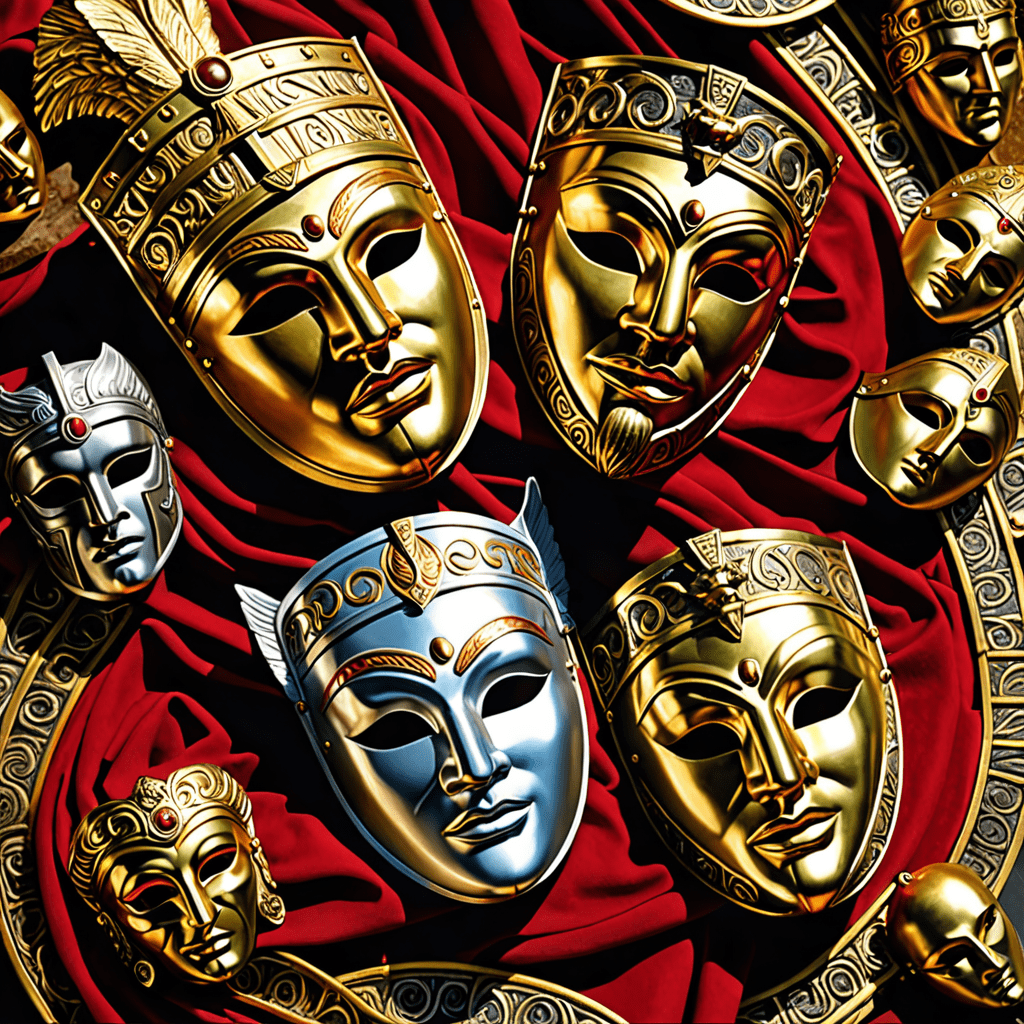The Symbolism of Masks and Disguises in Roman Mythology
Unveiling the Mystery of Masks and Disguises in Roman Mythology
In ancient Roman mythology, masks and disguises held significant symbolism and were often utilized by gods, goddesses, and mortal characters. These elements served diverse purposes, ranging from concealing identities to revealing deeper truths.
The Role of Masks and Disguises in Roman Rituals and Festivals
Masks and disguises played a crucial role in Roman rituals and festivities. Through these garments, individuals sought to embody various deities, communicate with spiritual forces, and connect with the divine on a profound level.
Hidden Meanings and Interpretations of Masks and Disguises in Roman Myths
In Roman myths, masks and disguises often symbolized transformation, deception, protection, and the complexity of human nature. Characters donned these veils to navigate challenges, test their wit, or navigate the intricacies of relationships and power dynamics.
Legacy and Influence of Masks and Disguises in Modern Interpretations
The symbolism of masks and disguises in Roman mythology has left a lasting impact on art, literature, and popular culture. From Shakespearean plays to contemporary films, these themes continue to captivate audiences and inspire creative works that delve into the timeless allure of hidden identities and revealed truths.
FAQ about The Symbolism of Masks and Disguises in Roman Mythology
What is the significance of masks in Roman mythology?
Masks in Roman mythology often symbolize transformation, deception, and the ability to conceal one’s true identity. They can represent the fluidity of identity and the duality of human nature.
How are Roman gods and goddesses depicted wearing masks or disguises?
Roman deities like Janus, the two-faced god, embody the concept of masks as they oversee transitions. In disguise, gods like Jupiter would interact with mortals, illustrating themes of hidden truths and divine interventions.
What role do masks play in Roman mythological stories?
Masks and disguises frequently feature in Roman myths to showcase themes of trickery, power dynamics, and the blurred lines between reality and illusion. They are used to challenge perceptions and demonstrate the complexity of divine and mortal interactions.




